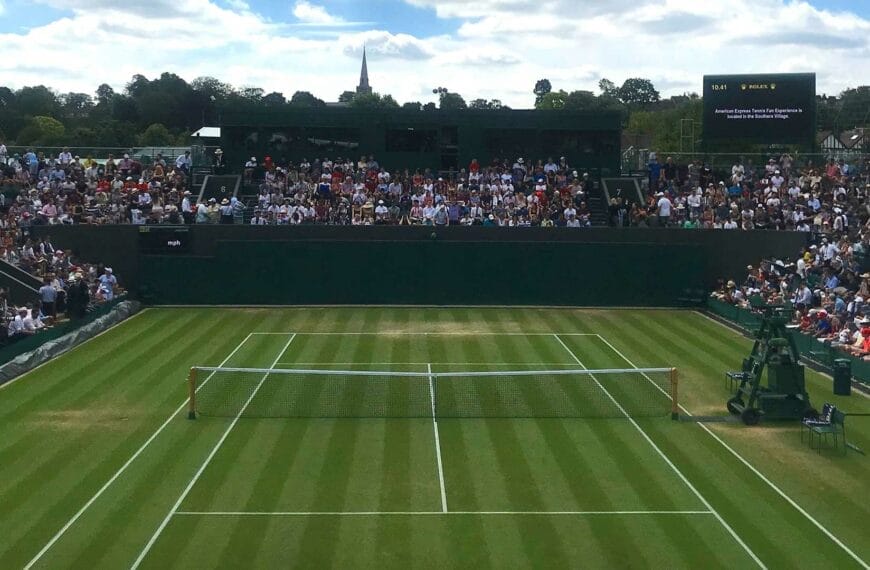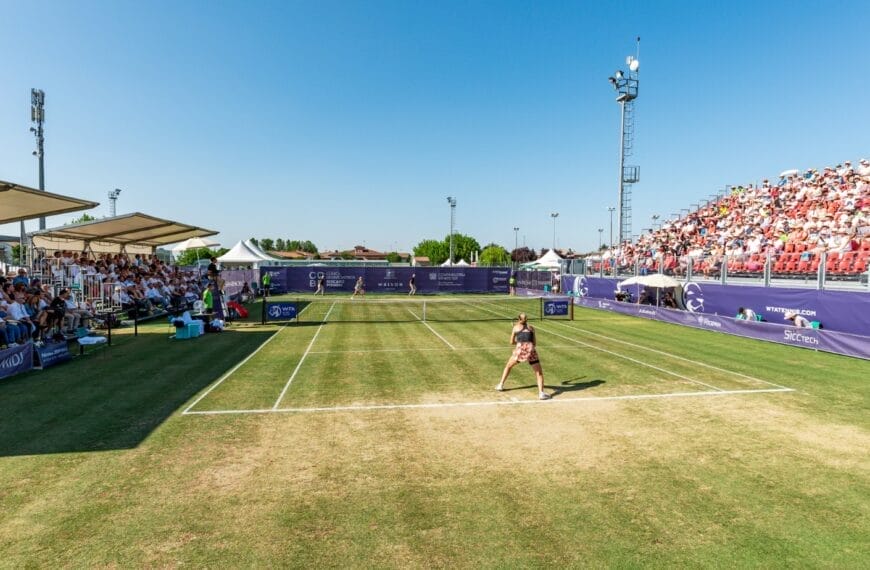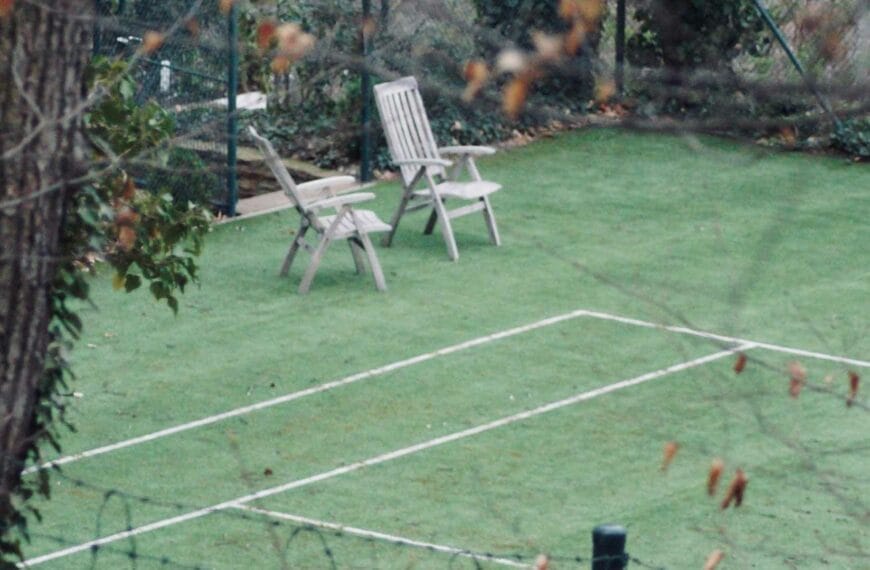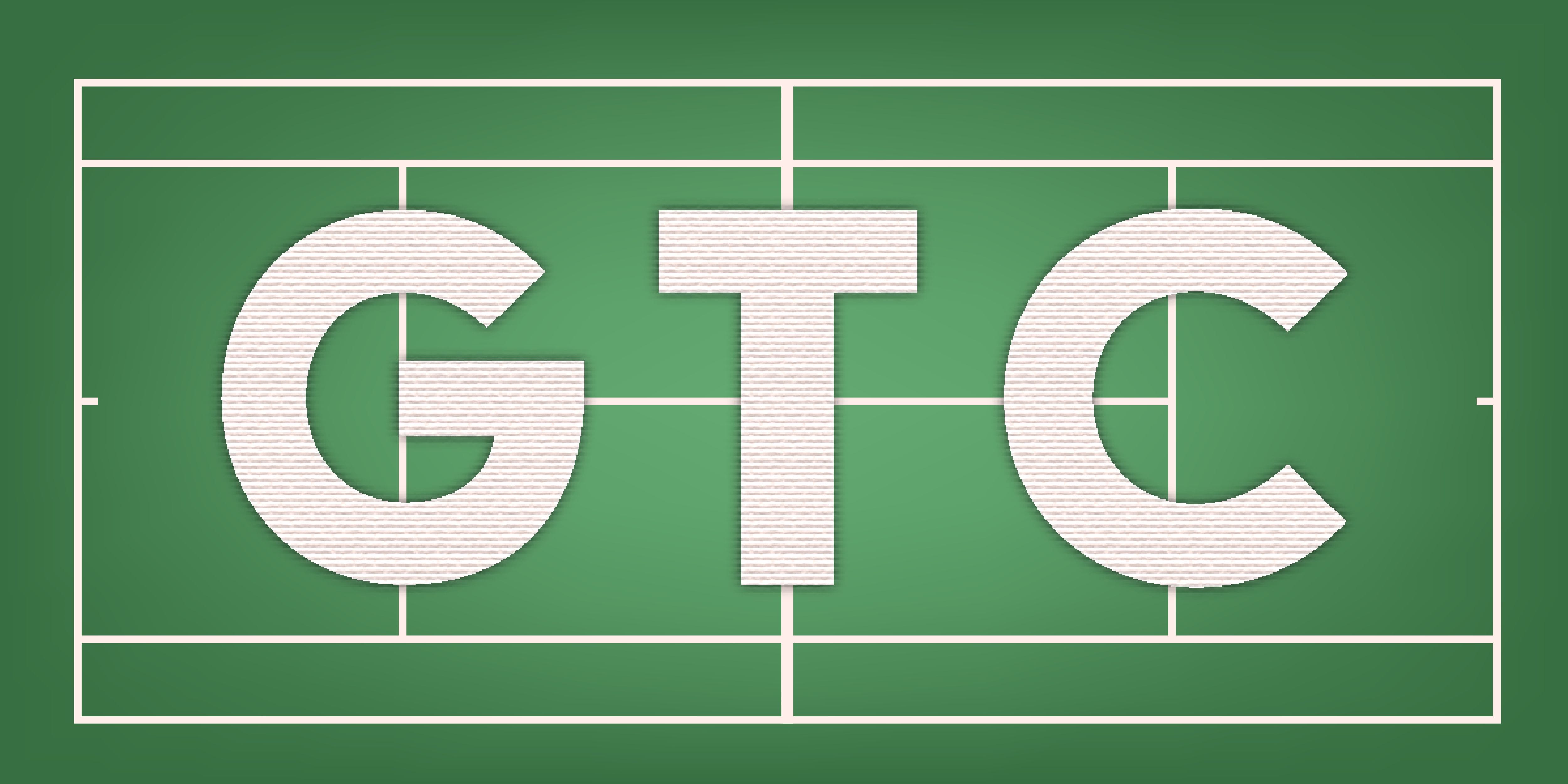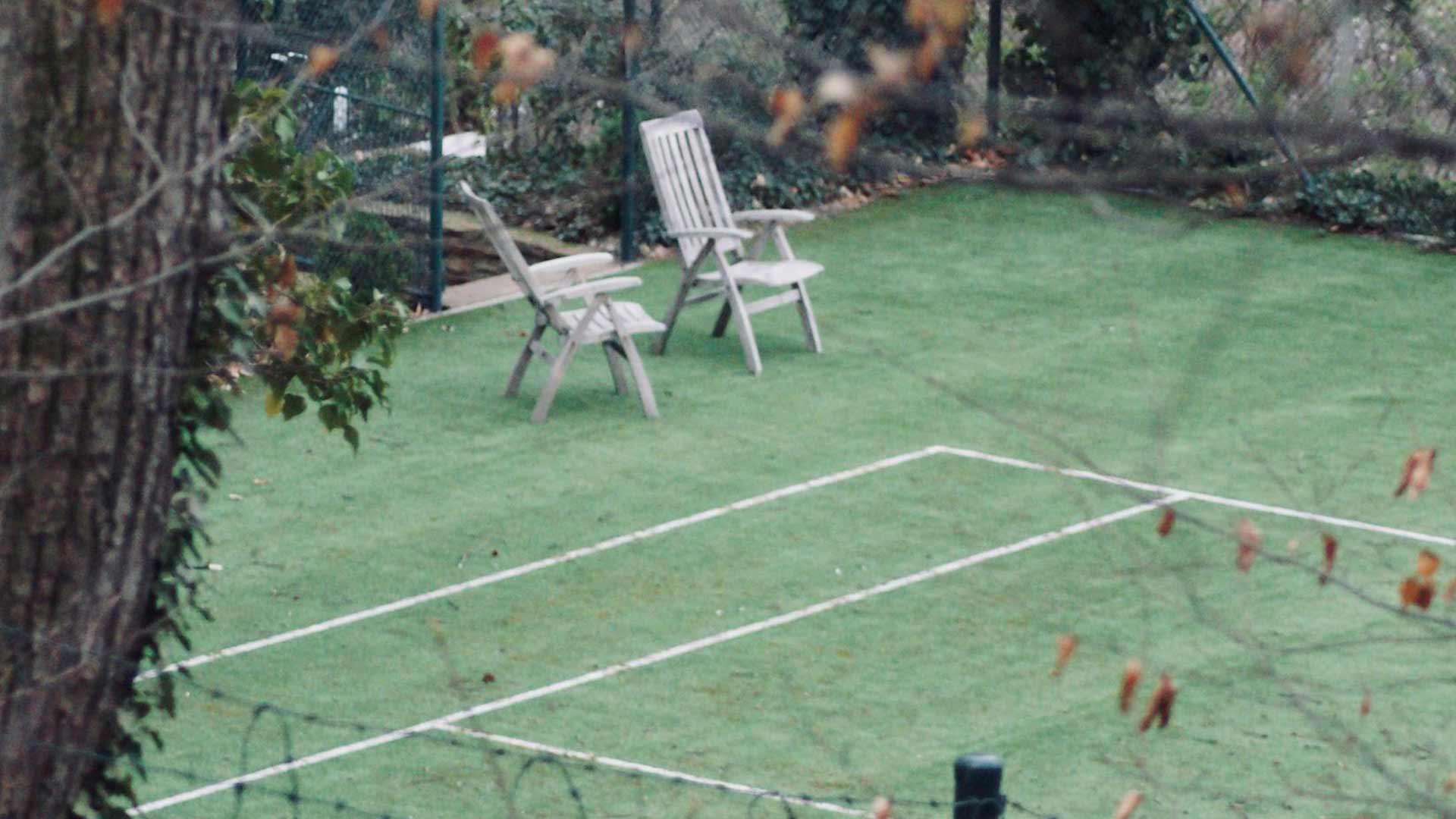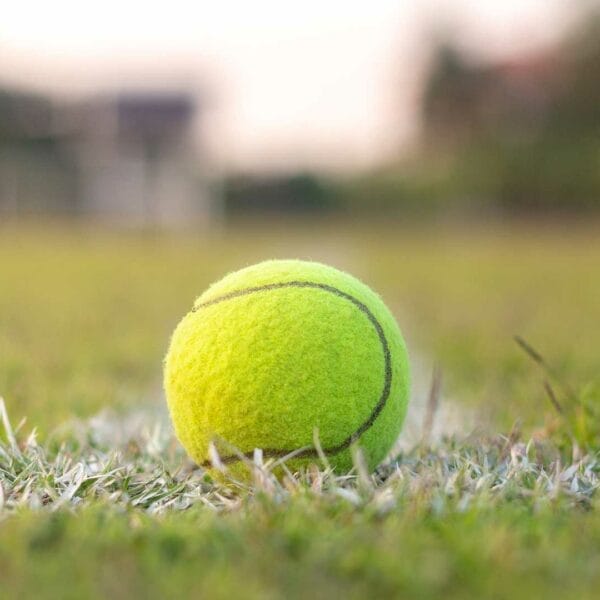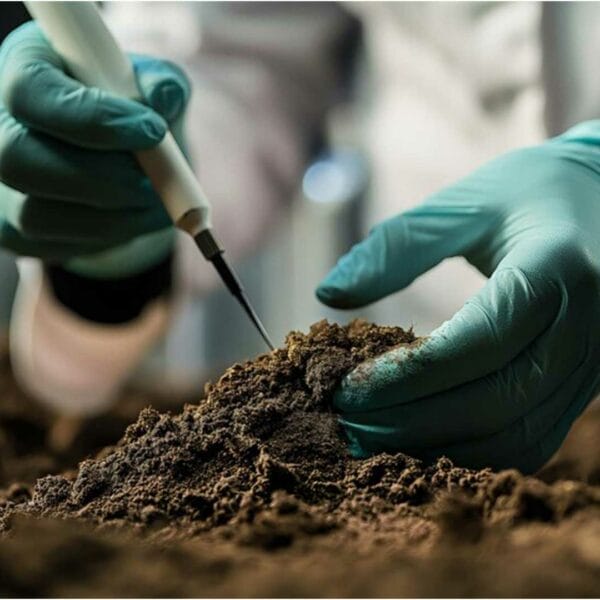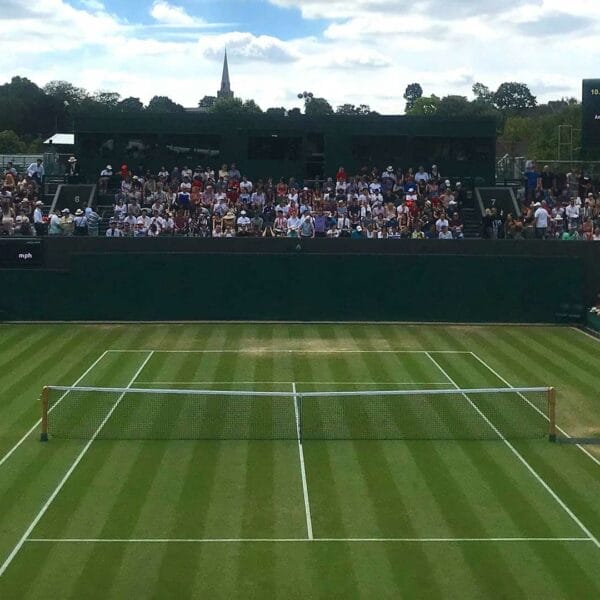grass courts in the community
Grass courts offer numerous advantages that enhance physical activity, social connections, and environmental sustainability in community settings. In community environments, sports fields serve a crucial role in promoting physical activity and providing spaces for social interaction. They serve as venues for organised sports, recreational activities, and community events, creating a vibrant atmosphere that encourages healthy lifestyles and community bonding. Among the various sports facilities, grass courts stand out for their unique advantages, catering to diverse community needs. This article will explore the multiple benefits of grass courts for community sports, emphasising their role in fostering engagement and well-being.
A notable example of the potential for improvement in community sports facilities can be seen in Beachwood, where advocates are pushing for enhancements to existing sports fields. By focusing on grass courts, communities can create inclusive, engaging, and environmentally friendly spaces for all residents.
Understanding Community Sports Fields
The Role of Community Sports Fields
Promote Physical Activity and Healthy Lifestyles
Community sports fields are essential in fostering physical activity among residents of all ages. They provide accessible spaces for individuals and groups to engage in various sports and recreational activities, from casual soccer games to organised tennis tournaments. With the rising concerns about sedentary lifestyles and related health issues, having well-maintained sports fields encourages community members to be more active and prioritize their health.
Foster Social Connections and Community Bonding Through Sports
Sports fields also play a vital role in community bonding. They serve as gathering places where individuals can meet, socialise, and collaborate through team sports. These interactions help build relationships among community members, fostering a sense of belonging and camaraderie. Whether it’s through youth leagues, adult sports teams, or casual games, community sports fields create opportunities for people to connect and engage with one another.
Grass Tennis Courts
Definition of Grass Courts
Explanation of Grass Courts and Their Common Uses in Sports
Grass tennis courts are known for their unique playing characteristics, offering a softer surface than traditional hard courts or synthetic surfaces. This softness enhances player comfort and influences the dynamics of how the ball behaves on the court, creating a distinctive playing experience.
Differences Between Natural Grass and Hybrid Grass Options
Grass courts can vary significantly in their construction and maintenance. Natural grass courts consist of real grass and require regular upkeep, including mowing, watering, and fertilisation. In contrast, hybrid grass courts combine natural grass with synthetic fibres, offering a more durable and low-maintenance option without sacrificing the natural feel of grass. Understanding these differences is crucial for communities looking to invest in grass courts, as they can choose the option that best suits their needs and resources.
Benefits of Grass Courts for Community Sports
Playability and Comfort
Softer Surface Reduces Injury Risks for Players of All Ages
One of the most significant benefits of grass courts is their softer surface, which helps to reduce the impact on players’ joints. This feature is particularly important for younger athletes and seniors, who are more susceptible to injuries. The cushioning effect of grass can lead to fewer sprains and strains, promoting a safer environment for physical activity.
Benefits for Children and Seniors, Promoting Inclusive Participation
Grass courts are ideal for promoting inclusive participation in sports. Their softer surface encourages families to engage in physical activities together, making them suitable for children and seniors alike. Grass courts can attract diverse age groups by providing a safer playing environment, encouraging community members to participate in healthy activities.
Aesthetic Appeal
Visual Enhancement of Parks and Community Spaces
Grass courts offer a natural, visually appealing environment that enhances the aesthetic quality of parks and community spaces. The lush green colour of grass creates a welcoming atmosphere, inviting more community members to enjoy outdoor activities. This visual appeal can significantly contribute to the overall enjoyment of public spaces.
Attraction of More Community Members Through Appealing Environments
The aesthetic benefits of grass courts can attract more visitors to community sports facilities. People are often more inclined to participate in activities held in beautiful, well-maintained environments. This increased foot traffic can lead to higher levels of community engagement and participation in organised sports and events.
Natural Cooling Effect
Cooling Properties of Grass During Hot Weather
Grass has natural cooling properties, providing a more comfortable playing environment during hot weather. Unlike hard surfaces that can become scorching, grass remains cooler, allowing players to engage in sports without the discomfort caused by heat. This feature is particularly beneficial during the summer months when outdoor activities are prevalent.
Increased Participation in Community Events Due to Comfortable Conditions
The cooling effect of grass courts encourages more community events and activities to take place throughout the year. Comfortable conditions lead to higher participation rates, as community members are more likely to join events when they can do so without the discomfort of heat. This can promote a more active and engaged community.
Enhanced Ball Movement
Unique Characteristics of Grass Influencing Ball Behaviour
Grass courts provide a unique playing experience due to their specific characteristics, which affect how the ball moves. The grass can slow down the ball compared to hard courts, leading to longer rallies and more strategic gameplay. This can make matches more engaging and enjoyable for players and spectators alike.
Variability in Gameplay, Making Matches More Engaging and Exciting
The variability of gameplay on grass courts, with its unpredictable bounces and slower speeds, adds excitement to matches. Players must adapt their strategies, making the game more dynamic and challenging. This unpredictability can enhance the overall enjoyment of the sport for both participants and fans.
Community Engagement
Hosting Events and Tournaments on Grass Courts
Grass courts provide an excellent venue for hosting community events and sports tournaments. These events not only showcase local talent but also foster community spirit. By bringing people together, these gatherings can strengthen community ties and promote a culture of sportsmanship and teamwork.
Building Community Spirit and Camaraderie Through Sports Activities
Community sports activities on grass courts can create lasting memories and friendships among participants. The shared experiences of playing together, whether in casual games or competitive tournaments, help build camaraderie and a sense of belonging within the community.
Environmental Benefits
Support for Local Ecosystems and Biodiversity
Grass courts contribute to environmental sustainability by supporting local biodiversity. They provide habitats for various insects and birds, which are essential for maintaining healthy ecosystems. Communities can promote environmental stewardship by incorporating grass courts into community sports facilities.
Community Involvement in Maintaining Grass Courts for Sustainability
Maintaining grass courts often involves community engagement, as residents can participate in upkeep activities such as mowing, watering, and planting. This involvement fosters a sense of ownership and responsibility towards local sports facilities, encouraging residents to take pride in their community.
Durability and Maintenance
Overview of Maintenance Requirements for Grass Courts
While grass courts require regular maintenance to keep them in optimal condition, the effort can lead to long-term benefits. Proper care includes mowing, irrigation, pest control, and fertilisation. Communities should be prepared to allocate resources for maintenance to ensure the longevity of their grass courts.
Long-Term Durability and Cost-Effectiveness with Proper Care
With diligent maintenance, grass courts can last for many years, making them a cost-effective investment for communities. The initial investment in establishing grass courts can yield significant returns in terms of community health, engagement, and satisfaction over time.
Encouragement of Youth Participation
Attracting Youth to Sports Through Engaging Grass Court Experiences
Grass courts can be particularly effective in attracting youth to sports. The unique playing experience they offer and the visual appeal of well-maintained grass surfaces can draw younger athletes to participate in various sports. This engagement is essential for building a pipeline of future athletes and encouraging lifelong participation in physical activity.
Highlighting Programs or Initiatives to Enhance Youth Involvement
Communities can implement programs and initiatives aimed at increasing youth involvement in sports on grass courts. This could include youth leagues, summer camps, and coaching clinics that focus on developing skills and promoting healthy competition. Such programs can foster a love for sports and active lifestyles among younger generations.
Accessibility for All Skill Levels
Inclusivity of Grass Courts for Beginners and Experienced Players
Grass courts are accessible to players of all skill levels, from beginners to seasoned athletes. Their forgiving surface allows new players to feel comfortable learning and developing their skills without the fear of injury. This inclusivity can help cultivate a diverse sports community.
Community Programs Designed to Cater to Varying Skill Levels
To further enhance accessibility, communities can develop programs that cater to players of varying skill levels. These could include beginner clinics, advanced training sessions, and recreational leagues, ensuring that everyone has an opportunity to participate and improve their game.
Versatility for Multiple Sports
Various Sports Suitable for Grass Courts
Grass courts are versatile and can accommodate a variety of sports, including tennis, soccer, and even rugby. This versatility allows communities to maximise the use of their sports facilities, offering diverse options for residents to engage in different activities.
Maximising Community Sports Facility Usage Through Versatile Design
By designing sports facilities with grass courts, communities can create multi-use spaces that cater to various sports and recreational activities. This approach not only enhances the utility of the facilities but also encourages greater community participation in sports.
Community Involvement and Feedback
Engaging the Community in Sports Field Improvements
Importance of Community Feedback in Planning and Executing Upgrades
Engaging the community in the planning and execution of sports field improvements is essential for success. Gathering feedback from residents can help ensure that the proposed changes align with community needs and preferences, leading to greater satisfaction and usage of the facilities.
Ways Residents Can Advocate for Improvements and Get Involved
Residents can advocate for sports field improvements through various means, such as attending community meetings, joining local sports organisations, and participating in fundraising events. Community members can help shape the future of sports facilities in their area by taking an active role.
Conclusion
In summary, the benefits of grass courts for community sports are extensive and impactful. From promoting physical activity and inclusivity to enhancing environmental sustainability and community engagement, grass courts provide a versatile and appealing option for communities. There is a significant opportunity for improvement in local sports facilities, and advocating for the development of grass courts can lead to a healthier, more connected community. Residents can be encouraged to take action, voice their opinions, and participate in initiatives that prioritise the enhancement of grass tennis clubs in the community.
| Topic | Description |
|---|---|
| Community Member Testimonials | Residents express a strong desire for improved sports facilities, highlighting the impact of well-maintained grass courts on their sports experiences. |
| Types of Sports on Grass Courts | Grass courts accommodate various sports such as tennis, soccer, cricket, and rugby, making them versatile for community engagement. |
| Maintenance Needs of Grass Courts | Residents strongly desire improved sports facilities, highlighting the impact of well-maintained grass courts on their sports experiences. |
| Environmental Benefits | Grass courts support local ecosystems by providing habitats for insects and birds, contributing to community environmental sustainability. |
| Youth Participation Programs | Local initiatives, such as youth leagues and coaching clinics, are designed to engage young athletes in sports and promote active lifestyles through grass court usage. |
| Community Engagement Opportunities | Regular maintenance includes mowing, watering, and fertilisation, which are essential for keeping the courts in optimal condition for play. |
Additional Information
Statistics or Testimonials from Community Members About Their Experiences with Current Sports Facilities
Community members have strongly desired improved sports facilities, noting that better-maintained fields could enhance their sports experiences. Testimonials highlight the importance of safe, accessible, and aesthetically pleasing environments for encouraging participation in sports. For example, one resident remarked, The grass courts make it feel like a real park; we love spending time here.
Links to Additional Resources or Organisations That Support Community Sports Upgrades
Local organisations and resources can provide valuable information for those interested in exploring community sports initiatives. Communities can benefit from the expertise of organisations that focus on enhancing sports facilities and promoting physical activity.
FAQs Section Answering Common Questions Related to Grass Courts and Community Sports Benefits
What types of sports can be played on grass courts?
Grass courts can host a variety of sports, including tennis, soccer, cricket, and rugby, making them versatile options for community sports.
What maintenance is required for grass courts? A: Grass courts require regular maintenance, including mowing, watering, and fertilisation, to ensure optimal playing conditions.
How do grass courts contribute to environmental sustainability?
Grass courts support local biodiversity by providing habitats for insects and birds, contributing to healthier ecosystems within community spaces.
What are some programs aimed at increasing youth participation in sports on grass courts?
Communities can implement youth leagues, summer camps, and coaching clinics focused on skill development and healthy competition to engage young athletes.
By understanding the benefits of grass courts and advocating for their inclusion in community sports facilities, residents can help create vibrant, engaging spaces for physical activity and social interaction.


